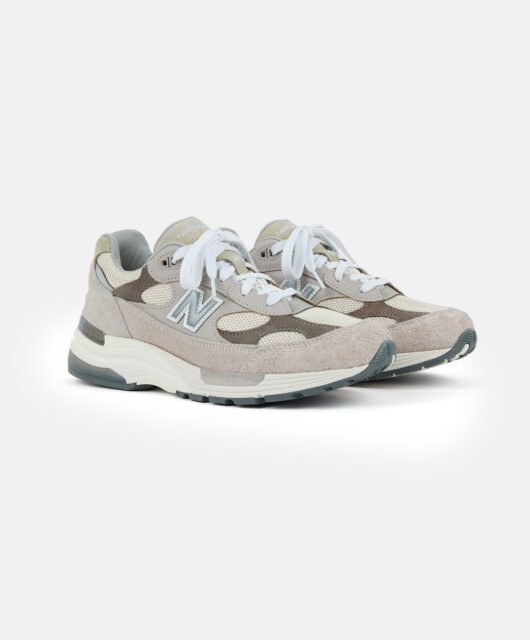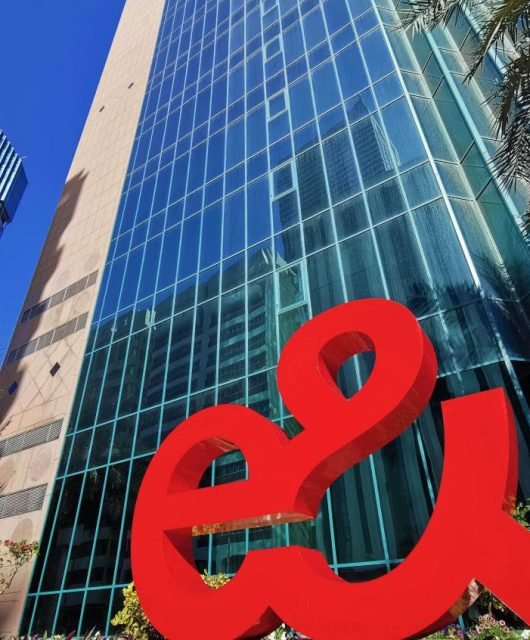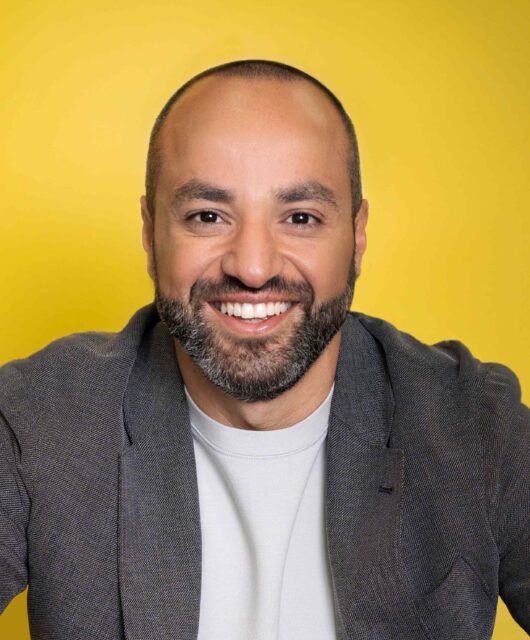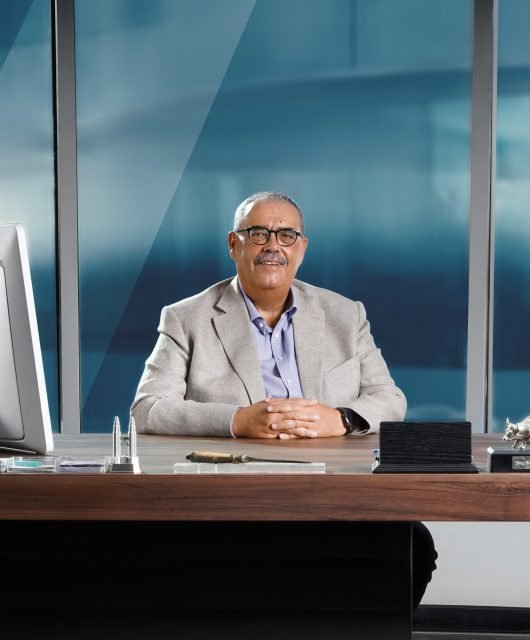PepsiCo Expands Its Recycling And Collection Initiatives Across The Middle East
Food and beverage company shares latest progress update on recycling goals and sustainability projects on Global Recycling Day
Dubai, United Arab Emirates – 18 March 2022 – PepsiCo is marking Global Recycling Day with a positive highlight as the latest progress data shows the food and beverage company and its partners have recycled more plastic than its original goal for 2021 in the UAE. For 2022, PepsiCo has renewed Aquafina’s recycling commitment to support the UAE’s goal to divert 75% of total waste from the landfill.
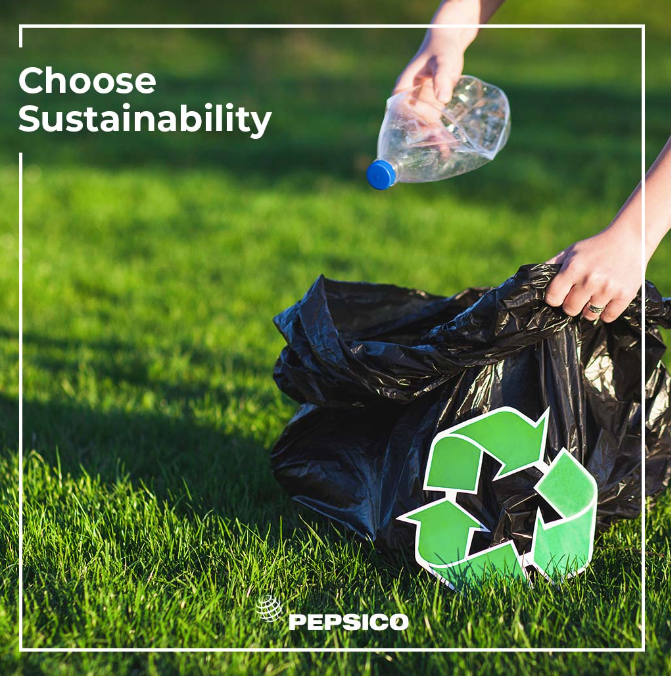
Last year, PepsiCo had committed to collect and recycle the equivalent of 100% of Aquafina plastic packaging produced in the UAE in 2021, with the help of its local partners. PepsiCo, Dulsco, and Bee’ah have succeeded in exceeding this target. Recycling awareness sessions and new opportunities to collect from sports complexes, as well as expanded collection zones across more emirates, contributed to the success.
“Every new recycling milestone is a reminder that we can drive change towards a circular economy and a world where plastic does not need to become waste. By reducing, recycling, and reinventing the way we look at packaging, the way we treat our waste, and the way we adapt our lifestyles, everyone can be part of this positive cycle. We are grateful for partners that share our vision and support our own efforts to reach goals through effective initiatives,” said Wael Ismail, Vice President Corporate Affairs, Middle East and Pakistan, PepsiCo.
Across the MENA region, PepsiCo is accelerating its efforts towards a more sustainable food system, as it leads the evolution towards eco-conscious consumption in a circular economy. Through its transformative pep+ framework, the company is driving positive action for the planet and its people – keeping sustainability at the center of future growth. Global Recycling Day draws the planet’s focus on recycling as a key part of growing a circular economy to help protect the earth’s natural resources.
For optimal recycling rates across the MENA region, PepsiCo has focused its efforts on three pillars. Mass collection initiatives in partnership with large third-party companies across various markets; targeted collection drives aimed at specific types of consumers or locations, such as residential compounds, malls, or sports complexes, and finally, educational efforts to raise awareness of the problem and its solution i.e., collection and recycling.
Beyond mass collection initiatives with Dulsco and Bee’ah, PepsiCo’s efforts have extended to other platforms too. At Expo 2020 Dubai, PepsiCo has leveraged its position as Official Beverage and Snacks Partner to champion reduced plastic use, by going beyond the bottle through the Aquafina water stations and investing in alternative packaging options like the fully and infinitely recyclable Aquafina cans and compostable Sunbites packaging.
In Saudi Arabia, PepsiCo, and its bottling partners – Abdulhadi Abdullah Al-Qahtani & Sons, MenaBev, and Al Jomaih Bottling Plants – collaborated with mass waste collector, WASCO, to increase the amount of plastic they collect on a yearly basis through their facilities and networks. With Naqaa waste management company, it focused on working to divert plastic away from landfills at big events like Forumla E & Riyadh Marathon, and across 16 communities in KSA including Al Diriyah, Riyadh, Jeddah, Khobar and Abha, key infrastructure was placed to encourage better segregation of waste.
Efforts are also underway in the Levant. PepsiCo has recently partnered with The Orenda Tribe, a social enterprise that uses art and storytelling to champion youth and empower communities, to create innovative tools that educate children about recycling and sustainability under its Aquafina brand. With Nadeera Technologies in Lebanon, PepsiCo is putting a value on waste by incentivizing consumers to segregate their waste and start seeing the economic value of their recyclables, which they can exchange for grocery store credit.
Through PepsiCo Positive (pep+), PepsiCo is helping to build a circular and inclusive value chain to meet aggressive sustainability goals, including net-zero emissions by 2040 and designing 100% of packaging to be recyclable, compostable, biodegradable or reusable by 2025. Improving regional collection rates helps to increase the supply of recycled plastic, which will in turn drive the circular economy market in a cost-effective manner.

